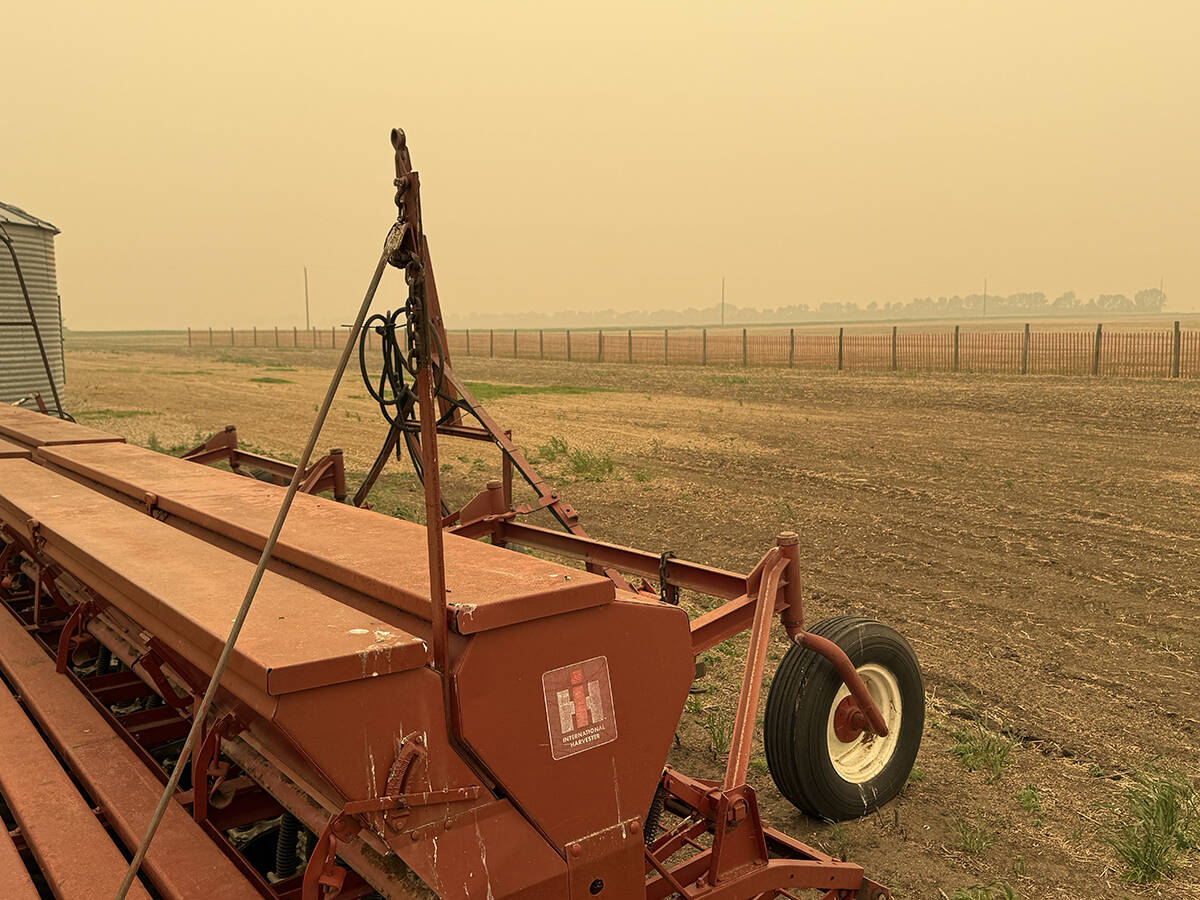The world’s first on-line registry of GM contamination incidents proves there has to be stricter rules governing the trade of such crops, say the compilers of the list.
GeneWatch UK and Greenpeace International launched the website last week at the same time representatives from 119 countries gathered for a meeting in Montreal to set rules for the documentation to accompany shipments of genetically modified product.
The registry details 62 documented incidents of illegal or unlabelled GM contamination that have occurred in 27 countries around the world.
“The sheer number of contamination incidents collected in the register to date makes it clear that unless countries take action to set strict rules now, GE crop contamination will further spiral out of control,” said Doreen Stabinsky of Greenpeace International.
Read Also

Wildfires have unexpected upside this year
One farmer feels smoke from nearby wildfires shrouded the July skies and protected his crop from the sun’s burning rays, resulting in more seeds per pod and more pods per plant.
There have been seven cases of contamination in Canada along with recent reports of GM canola volunteers growing around Japanese ports that are suspected to have come from Canada, said Eric Darier of Greenpeace Canada.
“This new tool will allow Canadians to see the damage that our unchecked GE exports are doing around the world,” he said.
Exporters recoil at the accusation there has been damage associated with the occasional accidental release of non-registered GM crops.
“The incidents have not resulted in any harm to humans, animals or anything else,” said Barb Isman, president of the Canola Council of Canada.
Biotech boosters see little purpose in the on-line registry because GM crops are already the most highly regulated crops on the planet.
“It’s not clear to me what else they think would need to be done,” said Denise Dewar, executive director of plant biotechnology with CropLife Canada.
She said companies like Bayer CropScience and Syngenta have been upfront and proactive when it comes to the accidental release of varieties like Starlink and Bt10 corn.
Starlink is a GM corn developed by Aventis (now Bayer) that was found in taco shells in the United States in September 2000 despite only being approved for animal feed.
Bt10 is an experimental line of insect resistant corn from Syngenta discovered in shipments sent to Ireland and Japan from the U.S. in the last couple of weeks even though the variety was not intended to be commercialized.
“The companies have been very forthcoming, putting out the information that those releases happened, and they’ve been out there very actively cleaning them up,” said Dewar.
But Darier said he’s through relying on biotech companies to police themselves. He recalls that in the 1990s they assured the public that accidental release was impossible.
The 62 cases documented in the new registry provide proof there needs to be a “very strict” biosafety protocol, he said.
But delegates attending the Montreal meeting couldn’t agree on a new set of rules, so for the time being exporters can get away with attaching a “may contain GMOs” label.















